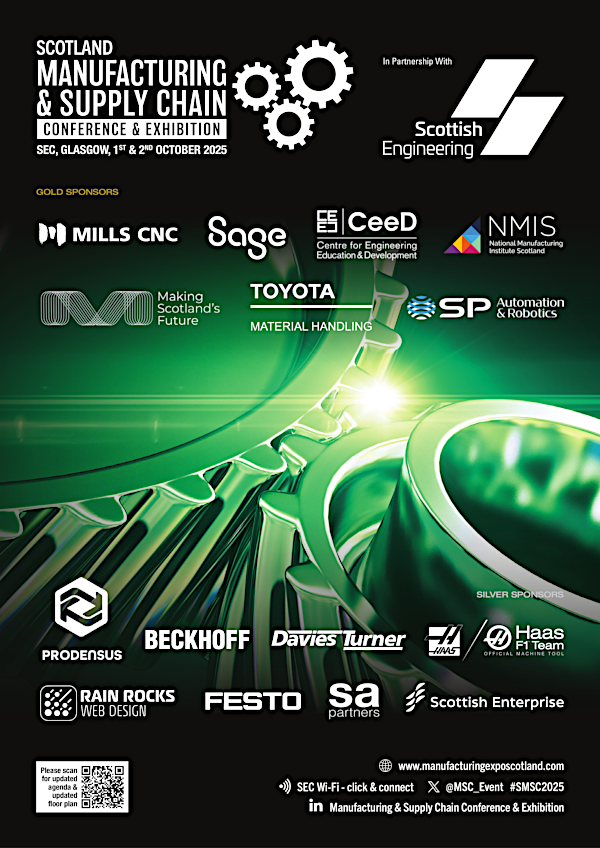Ireland Ranks Lowest in Europe For Realising Benefits of Sustainable Business Practices

Irish business leaders rank lowest in Europe when it comes to realising the benefits of environmentally-friendly approaches with only 45% seeing EU and global environmental regulations, including the Paris Agreement, as an enabler of success. The findings were revealed in new research, commissioned by Ricoh Europe, involving 2,550 business leaders from across 24 countries. A total of 100 business leaders from Ireland were surveyed in the study which revealed that businesses in Turkey, Spain, Italy and Switzerland scored highest in terms of achieving success from being more focused on the environment.
Compared to the European average of 56%, Ireland falls behind. Moreover, 60% of Irish respondents say that sustainability is nice to have but not a critical aspect of their business. This is despite the fact that 59% of Irish respondents believe that sustainability will become an increasingly important success factor for an organisation as it grows.

Gary Hopwood, managing director, Ricoh Ireland.
Gary Hopwood, managing director, Ricoh Ireland, said: “It’s very disappointing that Irish business leaders are not focusing on more sustainable business strategies and processes. Not only is it detrimental to the planet but it is also naïve considering that care for the environment is now increasingly important for prospective customers and employees. It can be the deciding factor for people when choosing a provider to partner with or a company to work for.
“As well as potentially jeopardising company growth, regulations have also been introduced to ensure that organisations are prioritising sustainability and lowering their carbon footprint. By not doing so, Irish business leaders are impacting on Ireland’s ability to adhere to requirements, such as those set out by the Paris Agreement, and companies will increasingly be penalised for not complying with environmental law.”
The survey found that Ireland is also lagging behind in other areas with only 57% seeing their company culture as an enabler of business success. This is joint lowest in Europe alongside Slovakia. Furthermore, less than half (47%) cited their organisation’s hierarchy as an enabler of success and a quarter said that the willingness of people to adapt to change was a blocker to success.
An area where Ireland did align with other European countries was in relation to the role of technology in enabling employees to reach their full potential, be highly productive in their roles and achieve a good work/life balance. Fifty-three per cent also acknowledge it as a key factor that attracts new people to work at their organisation.
However, there is still progress to be made here with 48% agreeing that people are often hesitant to change the technology they use in the workplace. Sixty per cent also wish they had smarter technologies to take away administrative headaches and increase the amount of staff time spent on critical tasks.
Worryingly, 51% of Irish business leaders admitted that their business is being restricted from reaching its full potential due to the technology used. Meanwhile, 53% are concerned that the technology they are currently using will be unable to support their company’s future growth and success.
Employees are feeling the impact too with the worst time-wasting tasks cited as scanning physical documents into digital formats, bottlenecks caused by complicated systems and processes, and the challenge of finding where items are located on devices and networks. Such challenges are not only causing frustration but preventing staff from fulfilling customer expectations and meeting deadlines.
Gary Hopwood added: “Irish business leaders are neglecting a number of key factors that drive business growth and success. Company culture and environmentally-friendly processes have become as important as the skills of employees and technologies in the workplace. The mentality towards change is also an issue and, when coupled with concerns around technology, has the potential to cause serious problems in years to come – that is if organisations survive.”

























